Optimal Timing for Single Ply Roof Repairs
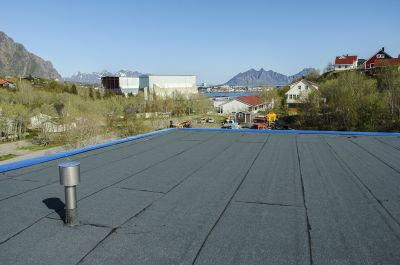
Ways to make Single Ply Roof Repairs work in tight or awkward layouts.
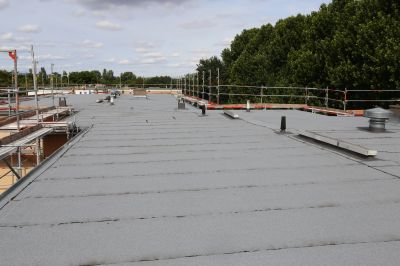
Popular materials for Single Ply Roof Repairs and why they hold up over time.
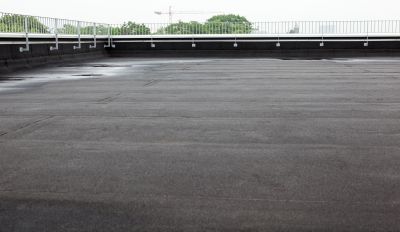
Simple add-ons that improve Single Ply Roof Repairs without blowing the budget.
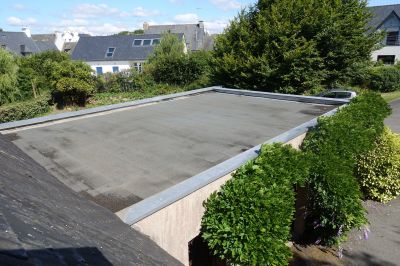
High-end options that actually feel worth it for Single Ply Roof Repairs.
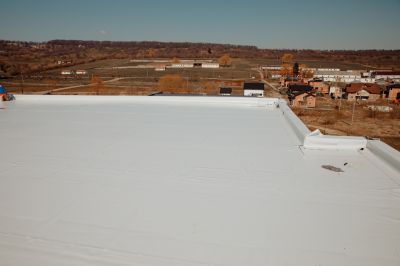
Finishes and colors that play nicely with Single Ply Roof Repairs.
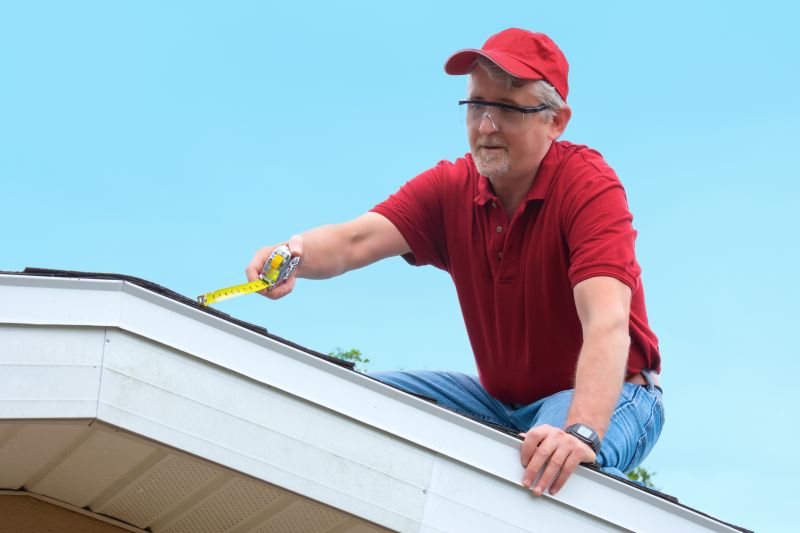
Little measurements that prevent headaches on Single Ply Roof Repairs day.
The optimal time for single ply roof repairs depends on weather conditions, with moderate temperatures and dry conditions being ideal. Spring and fall often provide suitable weather windows, avoiding extreme heat or cold that can affect repair materials and adhesion. Summer may be suitable in cooler regions or during cooler parts of the day, while winter repairs are generally discouraged due to potential freezing temperatures and moisture issues.
Performing repairs during favorable weather reduces the risk of complications such as material failure, improper adhesion, or leaks. Proper timing ensures longer-lasting repairs and minimizes disruption to building occupants. Consulting with roofing professionals can help determine the best window based on local climate conditions and the specific type of single ply membrane used.
Unfavorable weather can compromise the effectiveness of repairs, especially during rain, snow, or freezing temperatures.
Temperature and humidity levels influence the bonding and sealing of single ply membranes.
Spring and fall are typically preferred due to milder weather, reducing risks associated with extreme conditions.
Scheduling during optimal weather windows helps ensure durability and quality of repairs.
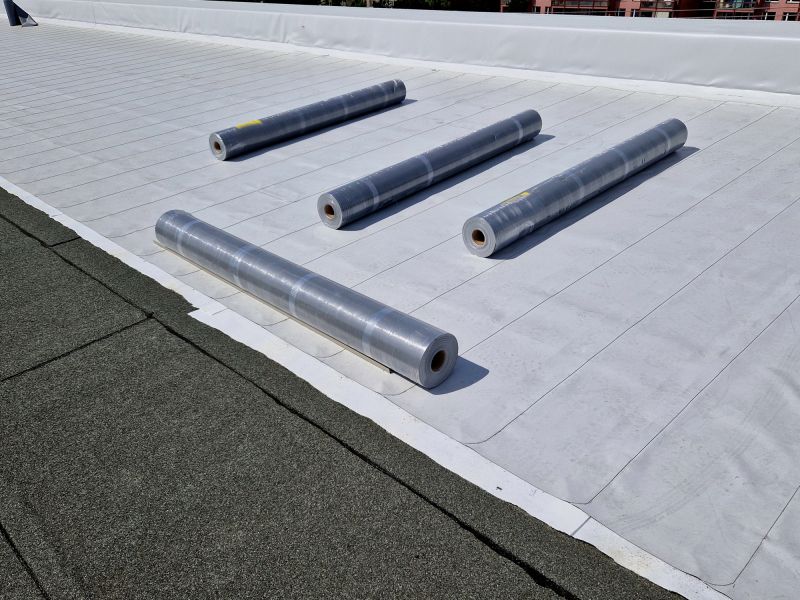
A 60-second routine that keeps Single Ply Roof Repairs looking new.
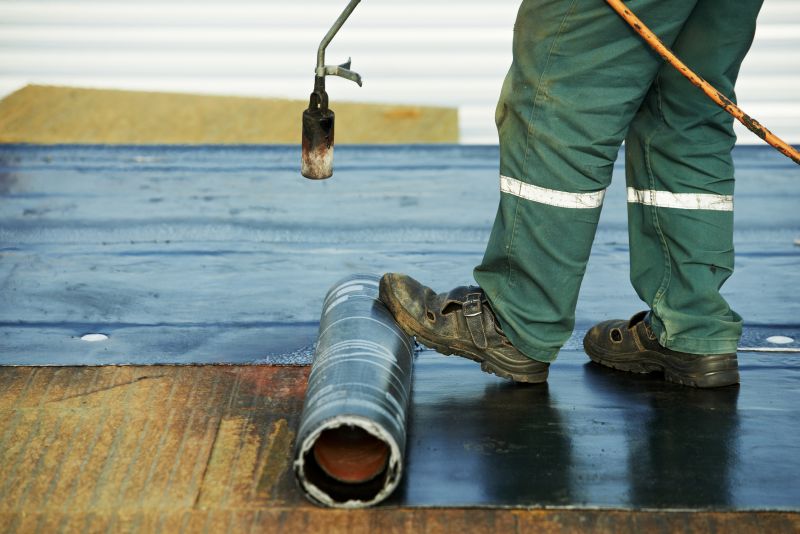
A frequent mistake in Single Ply Roof Repairs and how to dodge it.

Small tweaks to make Single Ply Roof Repairs safer and easier to use.
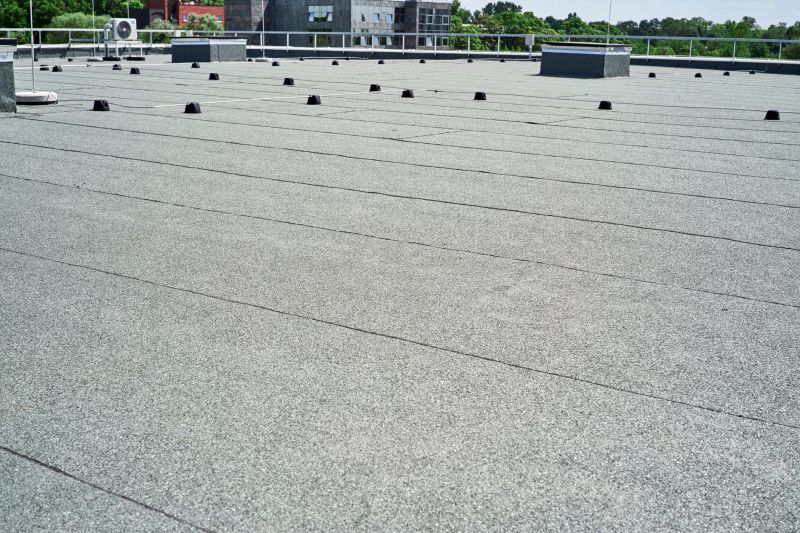
Lower-waste or water-saving choices for Single Ply Roof Repairs.
| Season | Advantages |
|---|---|
| Spring | Moderate temperatures, less rain, good adhesion conditions. |
| Summer | Longer daylight hours, suitable in cooler regions. |
| Fall | Mild weather, optimal for preparation before winter. |
| Winter | Generally not recommended due to cold and moisture risks. |
Understanding the best timing for single ply roof repairs ensures effective and durable results. Proper scheduling aligned with favorable weather conditions minimizes the risk of repair failure and extends the lifespan of the roofing system. Consulting with roofing specialists can provide tailored advice based on regional climate patterns and specific roof conditions.
Interested in scheduling a roof repair or seeking more information? Filling out the contact form can help connect with professionals experienced in single ply roof repairs to assess needs and plan repairs at the most suitable time.
